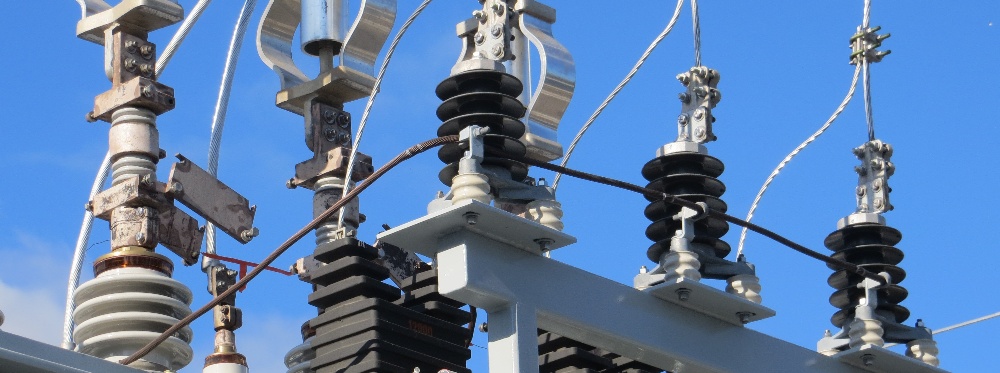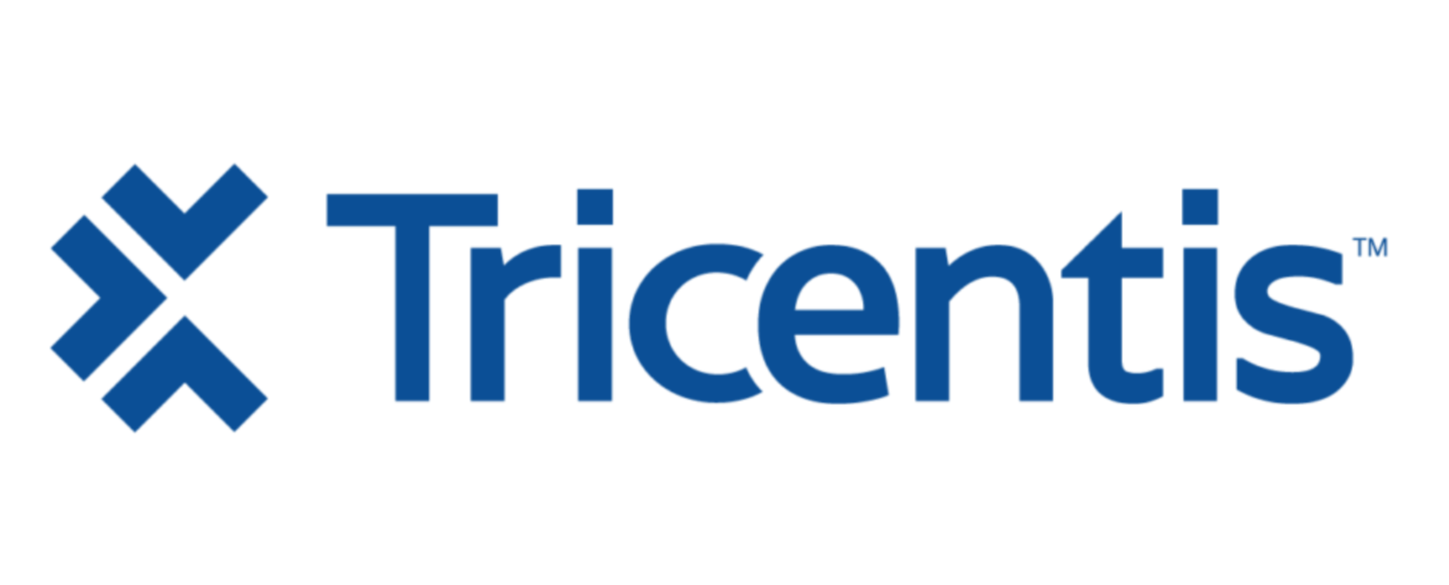
The Critical Role of User Acceptance Testing in Software Development Excellence
As the energy industry undergoes rapid change, the need for improved software development takes center stage. In this exploration, we identify three key areas where the energy sector can enhance its software capabilities.
Join us as we uncover the potential for growth within these crucial domains, and understand how Quality Assurance (QA) plays a pivotal role in steering these advancements towards success.
1. Data Management and Analytics:
To manage and extract insights from vast amounts of energy system data, QA plays a crucial role. By implementing a structured and scalable testing processes, QA ensures accurate, reliable, and high-performing data-based processing and analytics software. QA also helps companies develop effective data management strategies by gathering valuable feedback from end-users. Overall, this enables the energy industry to optimize operations, make informed decisions, and meet the challenges of a rapidly evolving energy landscape.
2. Integration and Monitoring of Renewable Energy Sources:
Real-time monitoring and control are crucial for efficient and reliable energy infrastructure. By implementing advanced software solutions and conducting thorough testing, companies can optimize operations, improve decision-making, and meet the growing demand for sustainable energy sources.
When integrating diverse renewable energy sources into the smart grid it requires sophisticated software solutions that enable seamless integration, effective utilization, and minimal disruptions. These solutions employ advanced algorithms and real-time data analysis to intelligently manage power generation, making informed decisions for balanced and efficient supply.
QA ensures that the software can handle the complexity of diverse energy systems and adapt to fluctuations in renewable energy production, ensuring uninterrupted power supply. With QA support, energy companies can effectively manage and optimize power generation, facilitating a seamless transition to a greener and more sustainable future.
One way QA can support in this area is to conduct integration testing to ensure seamless interoperability between different energy systems and components. Another way is to validate software's ability to handle various scenarios, such as fluctuations in renewable energy production.
3. User Acceptance Testing (UAT):
UAT is crucial in ensuring software exceeds user expectations. By prioritizing UAT, energy companies gather valuable feedback, refine the software, and deliver a seamless user experience. It goes beyond functionality testing, focusing on usability, performance, and addressing potential issues early on. UAT bridges communication between developers and users, enhancing software quality and building trust. In several industries, UAT validates software's ability to handle complex tasks and ensures smooth operations. Prioritizing UAT enables companies to drive innovation and meet customer demands effectively.

In all these areas, software quality assurance plays a critical role by ensuring that software meets quality standards, is reliable, and performs as expected. QA helps identify and mitigate risks early in the development process, reducing the likelihood of issues in production.
Additionally, QA contributes to the overall efficiency and effectiveness of software development processes, promoting a culture of continuous improvement within the energy industry's software development practices.
Read more about the Energy Sector and how we can support you and your organization.
If you have any question or are interested in discussing the area, please reach out!






